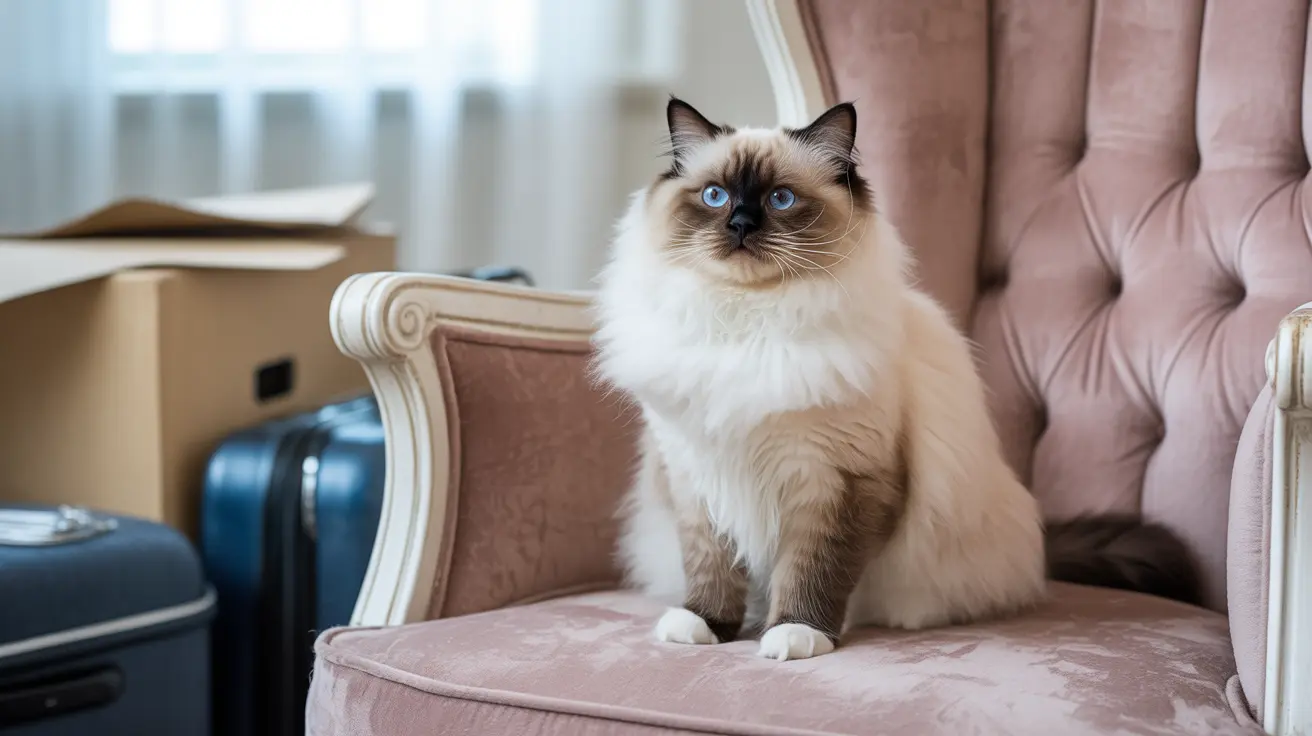If you've noticed your once-cuddly cat becoming suddenly distant or withdrawn, you're not alone. Changes in feline affection can be concerning for pet parents, but understanding the underlying causes is the first step toward helping your furry friend return to their normal, loving self.
In this comprehensive guide, we'll explore the various reasons behind sudden changes in cat affection and provide expert-backed solutions to help restore your bond with your feline companion.
Health Issues and Physical Discomfort
One of the primary reasons cats may become less affectionate is underlying health problems. Cats are masters at hiding pain and illness, making behavioral changes often the first noticeable sign something's wrong.
- Arthritis and joint pain
- Dental problems
- Thyroid conditions
- Urinary tract infections
- Digestive disorders
- Kidney disease
Signs Your Cat May Be Experiencing Health Issues
Watch for these additional symptoms that might accompany reduced affection:
- Changes in eating or drinking habits
- Difficulty jumping or climbing
- Excessive grooming of specific areas
- Unusual vocalizations
- Changes in litter box habits
Environmental Stressors and Anxiety
Cats are creatures of habit, and even minor changes to their environment can trigger stress-related behavioral changes. Environmental factors that might affect your cat's affection levels include:
- Moving to a new home
- Introduction of new pets or family members
- Changes in daily routine
- Loud noises or construction
- Rearranged furniture
- Competition for resources with other pets
Age-Related Changes in Affection
As cats age, their affection levels and social preferences may naturally shift. Senior cats often:
- Prefer quieter, calmer interactions
- Sleep more frequently
- Show less interest in vigorous play
- Become more selective about physical contact
Cognitive dysfunction in older cats can also lead to confusion and changes in social behavior, requiring additional patience and understanding from their owners.
Solutions to Restore Your Cat's Affectionate Nature
While the underlying cause determines the specific approach, these general strategies can help improve your cat's comfort and confidence:
- Maintain a consistent daily routine
- Provide multiple quiet retreat spaces
- Use calming pheromone products
- Engage in gentle, interactive play
- Ensure easy access to essential resources
- Create vertical spaces for security
When to Seek Professional Help
If your cat's behavior changes suddenly or persists for more than a few days, schedule a veterinary examination. Early intervention often leads to better outcomes, especially when dealing with underlying health issues.
Frequently Asked Questions
Why is my cat suddenly less affectionate and avoiding touch?
Sudden changes in affection often indicate underlying health issues, stress, or environmental changes. Monitor for additional symptoms and consult your veterinarian if the behavior persists.
Could health problems or pain be causing my cat to be less affectionate all of a sudden?
Yes, pain and illness are common causes of reduced affection in cats. Many conditions, from dental problems to arthritis, can make physical contact uncomfortable for your pet.
How do changes in environment or routine affect my cat's affection levels?
Cats are sensitive to environmental changes. Moving, new pets, schedule changes, or even rearranged furniture can cause stress and temporary changes in affectionate behavior.
When should I take my cat to the vet if they become less affectionate suddenly?
Schedule a veterinary visit if the behavior change is sudden, persistent (lasting more than a few days), or accompanied by other symptoms like changes in eating, drinking, or litter box habits.
Can aging or cognitive issues make my cat less affectionate with family members?
Yes, aging can affect a cat's social behavior. Senior cats may become less interactive due to physical discomfort or cognitive changes, similar to dementia in humans.
Remember, while changes in your cat's affectionate behavior can be concerning, most causes are treatable or manageable with proper veterinary care and environmental modifications. Pay attention to your cat's overall well-being, maintain consistent routines, and seek professional help when needed to ensure your feline friend stays happy and healthy.






